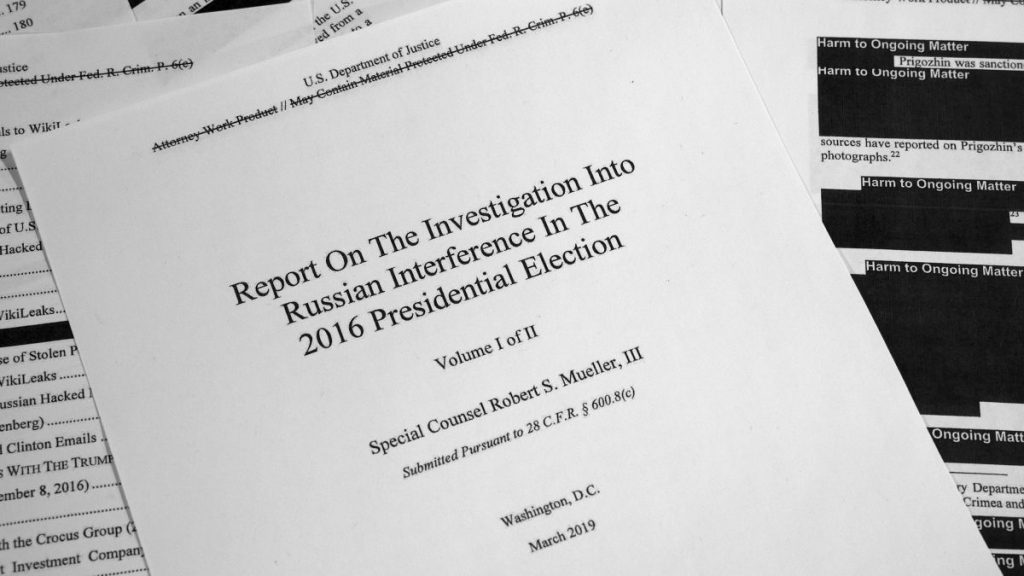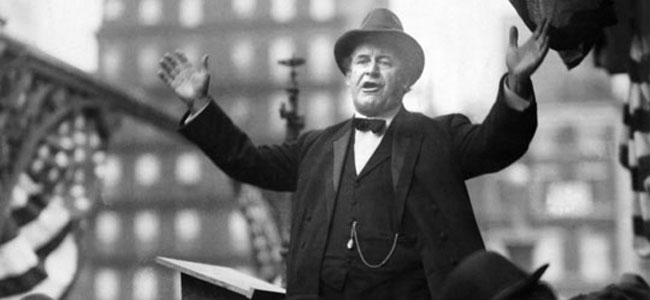Republican Congressman Greg Walden represents a vast swath of Oregon in the House of Representatives. His huge district stretches from the Snake River canyon along the Idaho-Oregon border to the Nevada state line and then west to Medford, at the crest of the Cascades.
Walden, who has been in Congress for 20 years and has never won re-election with less than 56% of the vote, represents an area more than eight times larger than the state of New Jersey. Walden spent August, euphemistically called “the district work period” for members of Congress, actually working, and driving.

Walden held town hall meetings in such exotic places as Heppner and Burns; he met with constituents at the fire hall in Arlington and talked politics at Bob’s Texas T-Bone restaurant in Rufus. Maybe 250 Oregonians live in Rufus and I’m guessing most of them show up at Bob’s – the food was great and the waitress was “awesome” according to a recent Facebook review – with some regularity.
Walden, and for that matter the rest of the Oregon congressional delegation, are unlike most members of Congress. They regularly subject themselves to unscripted interaction with their constituents. Walden has held more than 15 town hall meetings since June, more than any other member of the House, and they are not always mild-mannered affairs.
As Oregon Public Radio reported on Walden’s town hall in Burns: “Harney County resident Lynn McClintock told Walden ‘our economy is becoming weaker because of these [tariffs], farms are struggling and the immigration is being impacted, too, with visas to get them to come and work in these fields.’”
Walden tap danced on the immigration part of the question, but admitted the Trump tariffs were hurting wheat farmers and damaging trade with Japan, but he defended the administration’s tough stand against China. In other words he explained himself one-on-one without a filter, where people could read his body language and gauge for themselves whether he was waffling or leveling.
Oregon Democratic Senator Ron Wyden – he has served in the Senate since 1996 and before that was a member of the House – is the king of town halls. After constituent meetings in August in Beaverton, Corvallis, Newport, Bend and east Portland, Wyden now counts 926 town hall meetings since he became a senator. He has long pledged – and actually does – visit every one of Oregon’s 36 counties for a town hall every year.

I’ve attend a couple of Wyden’s meetings in Tillamook and Astoria, where the senator packed the local high school auditorium, made no speech, but instead took every question – many were pointed and specific – for more than an hour.
At Wyden’s town hall in Tillamook County in January – it was a Saturday afternoon and 80 or so people were on hand – the very first question was about Wyden’s support for something called the Israel Anti-Boycott Act, a confusing piece of legislation dealing with third-party boycotts of Israel. The questioner was measured but firm: if Wyden continued to support the legislation he would never, ever get the guy’s vote again.
Wyden explained his position, in no way satisfied his questioner and then took the next question, and so it went for an hour. There were questions about climate change, local fishing, the Mueller investigation and water quality in Rockaway. A couple of times Wyden reminded the crowd that anyone was welcome to ask a question and he appreciated all the questions, even when someone took issue with him. It was an afternoon of small-d “democracy.”
“There is no better way to empower citizens than to throw open the doors,” Wyden told Politico last year. “The founding fathers never had in mind that this would just be a spectator sport.”
In many ways Oregon is the political flip side of Idaho. Greg Walden is the only Republican in the Congressional delegation and Democrats dominate state offices and the legislature. But, Oregon is different from Idaho in at least one other way. Federal elected officials in Oregon routinely engage with their constituents in wide-open, no-holds-bared encounters.
That almost never happens in Idaho. You can search the official websites of Senator Jim Risch and Congressmen Russ Fulcher and Mike Simpson and find no record of the kind of town hall that is routine in Oregon.
Give Senator Mike Crapo credit for being all over Idaho in August with events from Cataldo to Corral, but it’s been a cold day in August since Crapo did an event like Walden and Wyden do almost every month.
Of course Idahoans who live in smaller, rural communities deserve the attention of a United States senator, and Crapo deserves credit for going places where other politicians can’t be bothered, but a visit to the fire department in Cavendish isn’t quite like taking question from anyone who shows up in downtown Lewiston, the north end of Boise or the high school in Pocatello.
Turns out the Idaho delegation are a lot more like the rest of Congress than is the Oregon delegation. There are politicians like Chuck Grassley, the senior Republican in the Senate, who makes a point of visiting every Iowa county – there are 99 of them – every year for a town hall. Grassley gets asked about his support for repealing Obamacare or rubber-stamping judicial nominees, yet he keeps showing up and has for 40 years.
But Grassley, Wyden and Walden are exceptions. Risch, Fulcher and Simpson are the norm.
I reached out to Walden recently to get a comment about all his town halls, but when his communications director realized I might compare Walden’s approach to that of his GOP colleagues in Idaho she demurred. “I do not think we are going to be able to provide a quote at this time for the article since the Idaho delegation are close friends of Greg’s,” she wrote in an email.
In other words, Walden didn’t want to show up his pals, but it seems like he already has.
It makes you wonder if respect for Congress and regard for our political system would improve if elected members of Congress just showed up once in a while and answered questions from people they theoretically work for.

























